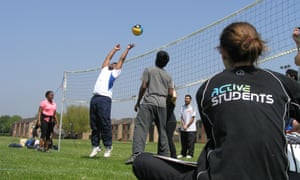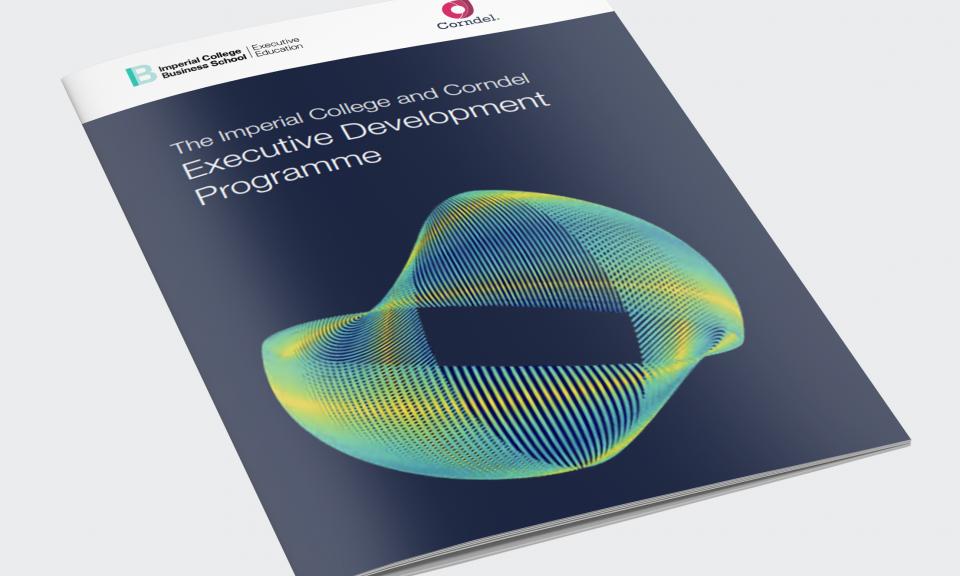The University of Hertfordshire’s Active Students programme saw previously sports-shy students try their hands at skiing, golf and other activities

Winner: University of Hertfordshire
In partnership with Hertfordshire Sports Village, the Royal Veterinary College (RVC) and Hertfordshire Students’ Union, the university developed Active Students, a three-year programme, funded by a grant of £359k from Sports England.
The aim of Active Students was to contribute to the improved physical and mental health of University of Hertfordshire and RVC students through increasing participation in sport. It focused on getting inactive and occasionally active students involved in sports by providing a variety of informal sports sessions that were free, convenient, easy-to-access and with a fun and social element.
A project manager and 12 students, known as activators, were appointed to organise the activities and encourage student participation. A number of tools were used to gather feedback, including focus groups, social media channels and regular analysis of participation figures. The activators attended the sessions to welcome and check in students, and publicised the programme on social media and face-to-face. They also distributed incentives, such as water bottles, hoodies and vouchers.
The weekly programme offered 75 hours of physical activity, sport and dance sessions, attracting over 900 student visits each week – about 9,000 for each 10-week block. The use of partner venues enabled students to learn to ski, canoe, play golf, ride the rapids and so on at affordable prices.
Active Students attracted 9,512 participants over the three-year period, 1,940 (or 25%) higher than Sport England’s target of 7,572. It has provided opportunities for all students to take part in informal sport or physical activity, as well as opportunities for more competitive sport available through the university’s athletic union.
It looks as if Active Students has resulted in a cultural shift. Both student gym memberships and athletic union memberships have increased significantly (over 2,500 and over 1,200 respectively) since 2011.
Runner up: De Montfort University
The De Montfort University policy commission was established to engage students in new ways of learning, understanding and influencing politics. Students worked with academic staff to create 100 ideas to change Britain, giving them the opportunity to influence the future of the country and offering them a voice that would be heard by those in power.
The project was open to all students at the university. Over the course of five months, the project solicited student ideas of how to change Britain. The project concluded at a reception in the House of Lords in which students presented the ideas to influential members of the three main political parties.
The 100 ideas in the final document covered policy areas such as the future of urban spaces and cities; citizenship and political participation; welfare reform and communities; young people and employment; and migration and communities. The project gave students a valuable opportunity to engage with policymakers, fellow students and the wider public.
Runner up: University of Winchester
The University of Winchester and Winchester student uniondeveloped the Winchester student fellows scheme, which gives students the opportunity to develop a project addressing an aspect of their university experience that could be improved.
Students are paired with a staff member who can help them investigate the issue they’re interested in. They are supported by the student union and the learning and teaching development unit to explore the problems in depth or develop solutions.
All projects are designed to have a significant impact on students and the university, which provides a £600 bursary to support the activities. Topics addressed include assessment and feedback, technology-enhanced learning, employability, internationalisation and increasing student engagement.
Projects culminate in a final report completed by the beginning of June. Many recommendations made as a result of the projects have been implemented, including an online database to help academic staff internationalise their curriculum and a pre-entry social media platform developed for psychology.


















